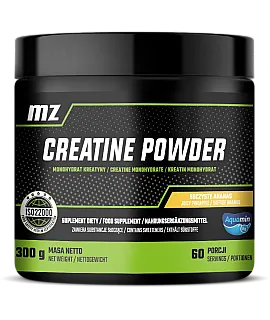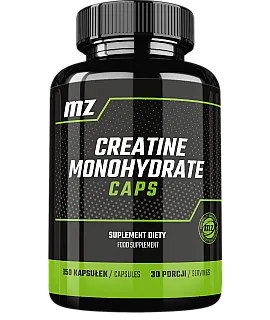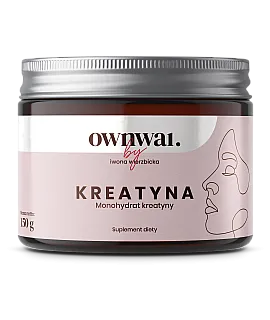What are the side effects of creatine use?
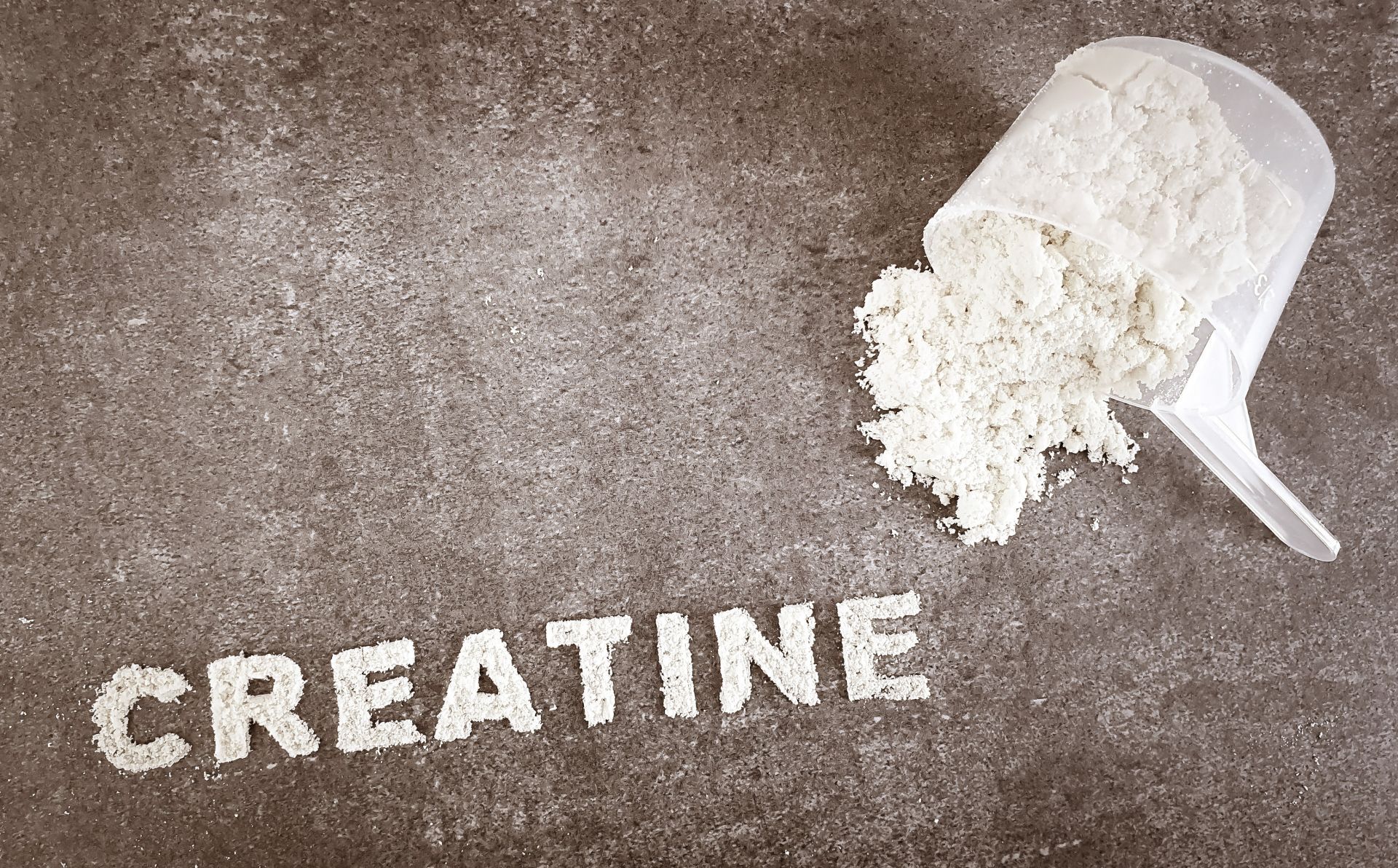
Creatine's reputation is enviable. There is no doubt that creatine is one of the most effective dietary supplements for athletes to improve performance. However, the consumer is generally suspicious, and very well. Can such an effective supplement be safe? Creatine's side effects are a topic where many myths have cropped up over the years. Does creatine cause subcutaneous water retention? Baldness? A decrease in testosterone? Kidney problems? In this article, we'll check what the facts are.
- Side effects of creatine - what are they? And are there any at all?
- Despite supporting sports effects, let's not compare creatine to doping
- Safety of creatine use in the long term
- The individual balance of benefits and losses always matters
Side effects of creatine - what are they? And are there any at all?
Basically, creatine has no side effects. This may sound too grandiose, but in fact, in clinical trials, not only have no significant adverse reactions been noted, but the increased incidence of side effects, which are sometimes repeated in anecdotal accounts of users, has been denied.
When some side effects do occur, it is worth considering whether they are the result of, for example, excipients in creatine (sweeteners, dyes) or additional active ingredients. If not, perhaps along with the inclusion of creatine in your supplementation your diet has changed or some other supplements have come along? When including creatine, we also often decide to increase the intensity of our workouts (because we finally have the opportunity to do so), which can also be a potential cause of various ailments, such as from the gastrointestinal tract.
The most serious that has been observed in the literature are several case studies, where creatine supplementation affected creatinine elevation and worsened kidney function. Many studies that followed for verification no longer noted such an effect, but for those struggling with kidney disease, medical consultation is recommended before including creatine in supplementation.
Overall, it can be assumed that creatine is a very safe supplement, one of the safest available, and also the most effective. A good confirmation is that in clinical trials creatine was even given to children and newborns, where it was also well tolerated as in healthy adults.
The only well-documented side effect of creatine use in many places was... weight gain. However, everyone must answer for themselves whether, in their case, weight gain will be a side effect or a reason to be happy and the main motivation for creatine supplementation.
Despite supporting sports effects, let's not compare creatine to doping
Any doubts about the safety of creatine and its potential side effects may stem from the fact that mentally we lump everything that improves performance together. There may always be some reference to illegal anabolic steroids in the subconscious, and it is completely incorrect.
Creatine, despite its great effectiveness in supporting athletes, is a PRO-health product. Its health benefits are so momentous that many specialists recommend it for use by various groups of people who do not even play any sports. An example is seniors, who have an increased risk of losing muscle mass, lower musculoskeletal endurance and decreased brain function. Creatine supports each of these aspects, and is even being studied as a potential therapeutic tool for some neurological disorders. Another example is people on a vegan diet. A plant-based diet is a factor in reducing creatine availability. In the average diet, meat is the most abundant source of creatine, because in animals, as in us, creatine is stored mainly in muscle cells.
Safety of creatine use in the long term
Some products or substances may be beneficial when used for up to 3 months, for example. With longer time, it happens that the situation changes - the body gets too accustomed to the substance, or begins to tolerate it less well. It could also be that no one has done studies to check the safety of long-term use. And what is the case with creatine?
Creatine has a huge body of scientific studies, and among them are those that evaluate long-term safety. This makes the situation very clear.
These studies show that both short- and long-term supplementation (up to 30 g/day for 5 years) is safe and well tolerated by healthy individuals and in a wide variety of patient populations, from infants to seniors. Moreover, the use of continuous creatine intake at low doses (e.g., 3 g/day) throughout life can provide significant health benefits.

The individual balance of benefits and losses always matters
Despite the excellent statistics, it may be that acutely in you creatine will, for example, constantly "irritate the intestines" and cause some discomfort. For this and other possible problems, there are several treatments you can try:
- if you are using flavored creatine or with some additional active ingredients, replace it with pure creatine monohydrate;
- if you are using 5 or more grams per day, reduce the daily dose to 3 g;
- if you take creatine on an empty stomach, you can, when reducing the dose, take it with a meal containing carbohydrates - the increase in insulin improves the transport and utilization of creatine in the body;
- forgive yourself the creatine loading phase;
- choose creatine with higher micronization; smaller particles are gentler on the gut;
- try creatine from another manufacturer - perhaps the raw material was of poor quality?
There are anecdotal reports that creatine worsens sleep quality. In practice, such opinions come from people who use creatine in the evenings, before bed. A good practice is to use this supplement keeping a few hours of distance from the time you lay down to wash, and preferably this in the morning. Just to be safe.
If you still feel some discomfort after using these tricks, just put down the creatine. Its properties are great, but additional supplementation is not a vital factor, and the market offers a huge number of other supplements that can meet your needs without side effects.
You may be interested in:For enhanced muscle anabolism:
For greater muscle endurance:
For energy management support:
Sources:
-
Kreider RB, Kalman DS, Antonio J, et al. International Society of Sports Nutrition position stand: safety and efficacy of creatine supplementation in exercise, sport, and medicine. J Int Soc Sports Nutr. 2017;14:18. Published 2017 Jun 13. doi:10.1186/s12970-017-0173-z
-
https://www.ais.gov.au/nutrition/supplements/group_a#creatine
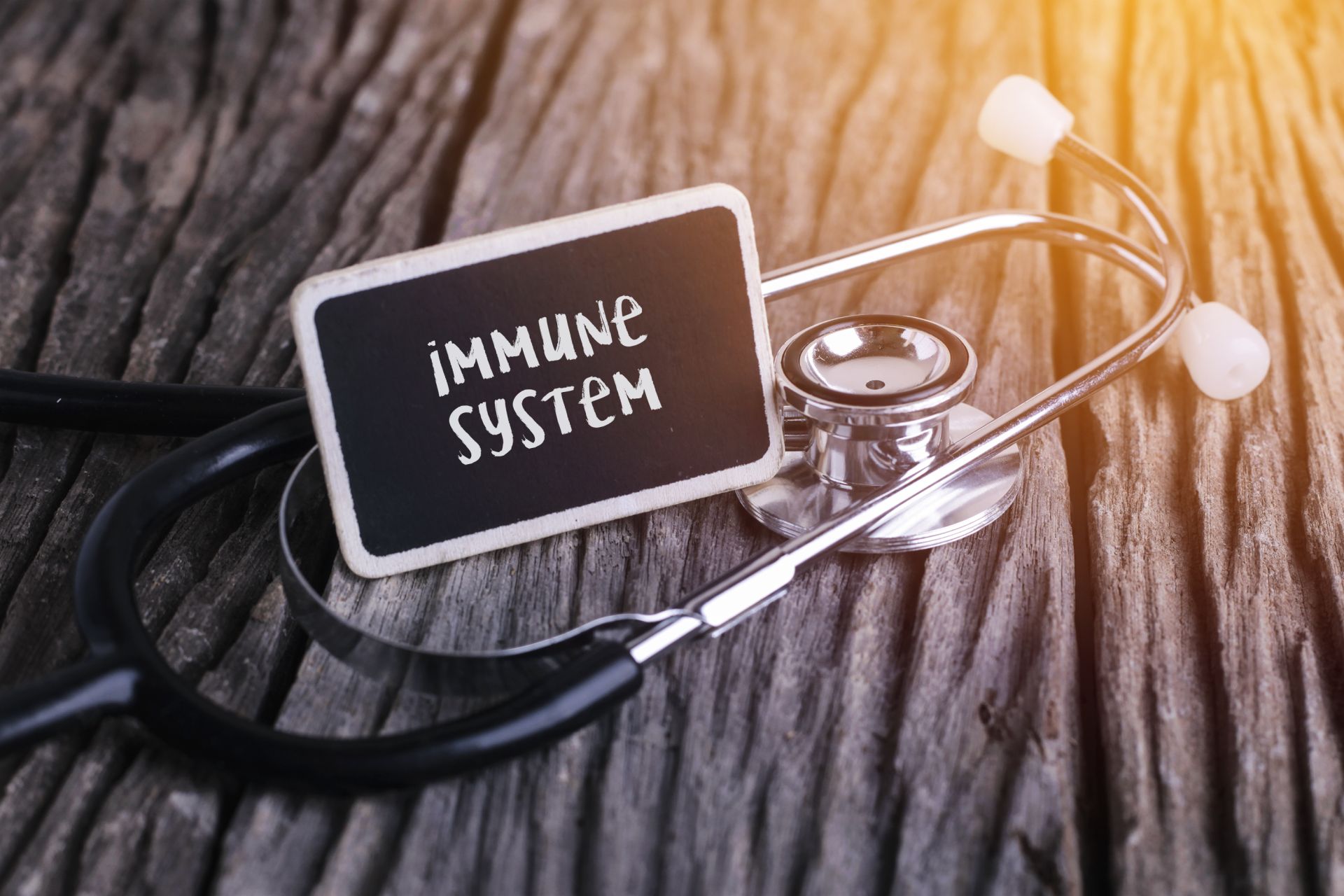 ⮜ Previous article
⮜ Previous article
Coenzyme Q10 and the immune system - what are the relationships?
 Next article ⮞
Next article ⮞
